Five on Friday: 5 tech relics that welcomed Internet Explorer to the void
In CNA's regular look at what hit the headlines during the week, Five on Friday looks back at some tech tools we've had to bid goodbye to.
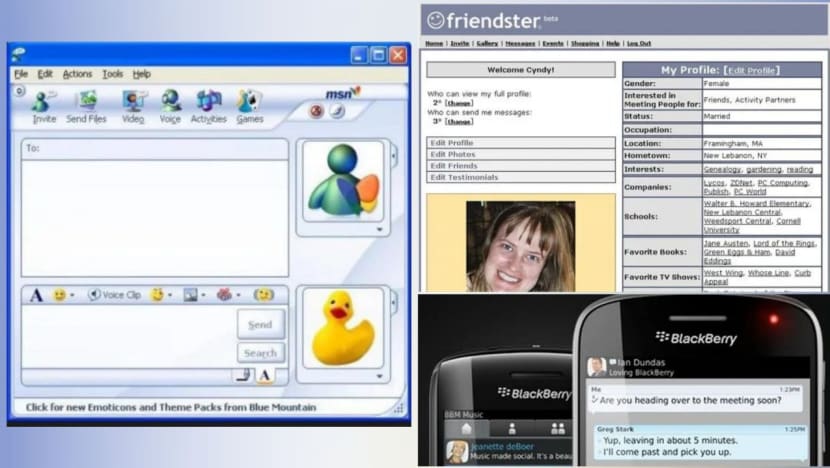
MSN Messenger, Friendster and Blackberry Messenger are some examples of tech apps that have disappeared over the years.
The world waved goodbye to good ol' Internet Explorer this week, as Microsoft ended its support for the 27-year-old browser.
As a millennial who transited from using payphones as a young boy, to a man in his thirties who is never seen without his smartphone, it's a bittersweet thing to bid farewell to my first browser.
Then again, loss is nothing new. The rise and fall of tech brands, applications and services I've loved feels like the waxing and waning of the moon to me.
However, the multitude of tears shed for these long-gone Internet relics (and the online friends I've since lost contact with) have pooled over the years into a lake that I sometimes gaze into to remember the halcyon days of my youth.
Come, sit with me by the lake.
VINE
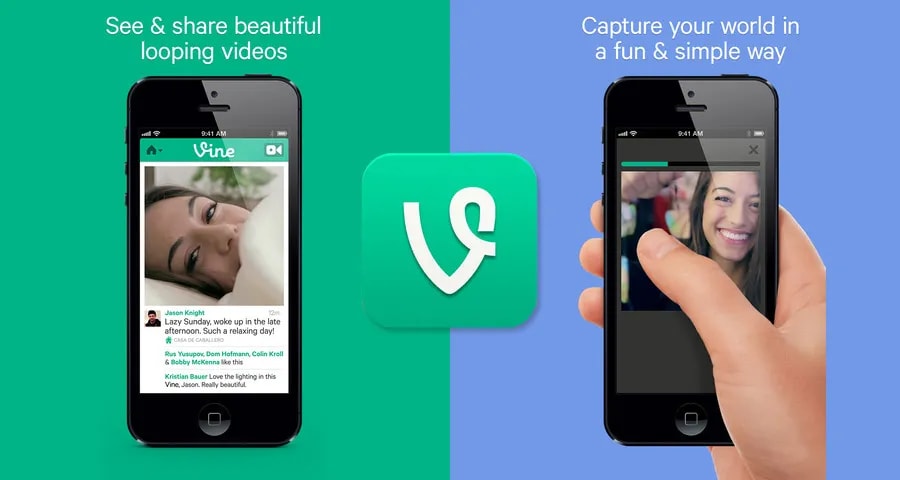
Remember Vine?
You could say the video hosting app was the TikTok of its time. Launched in 2012, the service was quickly embraced by the young for its shortform content format.
It was quickly acquired by Twitter in October the same year for US$30 million.
Vine served up content from creators like Logan Paul, Lele Pons and Andrew “King Bach” Bachelor, who rose to fame by distilling their own unique brands of entertainment into six-second bite-sized videos that users ate up like Pringles - you couldn't just have one.
However, its simplicity also proved to be its downfall. Vine was discontinued by Twitter in October 2016, following fierce competition from other offerings such as Instagram Video and Snapchat.
Monetisation issues, as well as a failure to meet growing market demands, also contributed to its demise.
Even now, YouTube carries compilations of Vine's greatest hits, many of which were produced by content creators, who migrated to other forms of social media after the app fell.
Unsurprisingly, many of Vine's best and brightest are also now on TikTok, with new content that harkens just a smidge to their legacy on the dearly departed app.
MSN MESSENGER
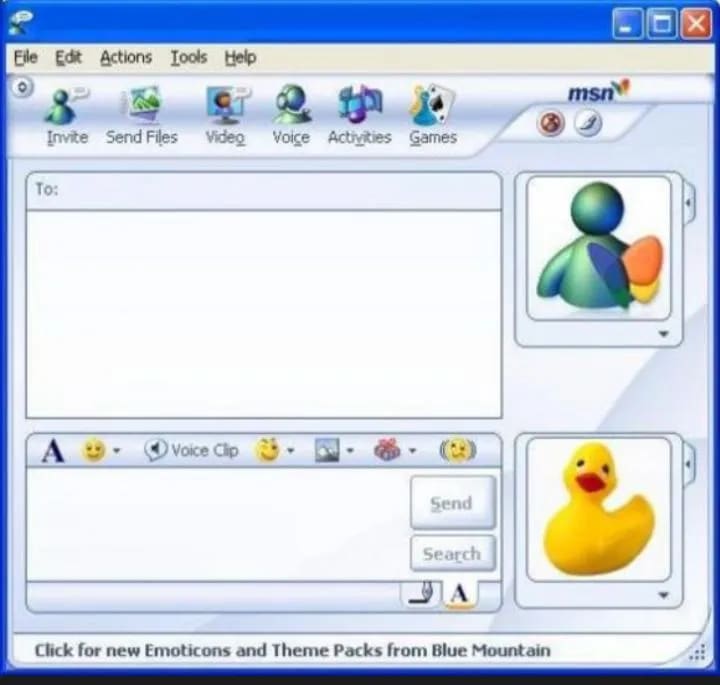
MSN Messenger, or Windows Live Messenger, is remembered fondly by those who grew up in the nineties to 2000s.
Who can forget that one friend who repeatedly signed in and out to get your attention, or you nudging someone's window to annoy them? (Don't lie, we've all been guilty of both.)
Aiming to outdo its competitors ICQ and Yahoo Messenger, MSN Messenger found its edge in its accessibility and interactivity. At its peak, the service saw more than 300 million users per month.
With customisable windows and user statuses, easy file transfers, custom emoticons (not yet emojis!) and eventually webcam video function, audio clips and games, the app also had the advantage of being backed by software giant Microsoft.
MSN Messenger was then relaunched as Windows Live Messenger in 2005, with Microsoft then removing several core functionalities from the app across several versions.
But the rise of smartphones and other social media platforms meant a gradual shift for users away from Windows Live Messenger.
In 2013, Microsoft announced the discontinuation of the service for most of the world, with the app surviving in China until 2014.
FRIENDSTER
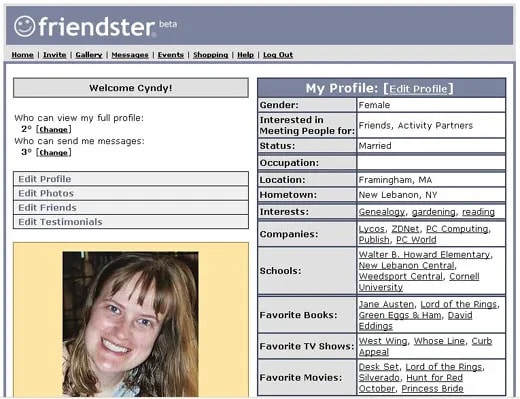
"Write a testi please?"
Before Facebook existed, Friendster was the go-to social network site for many youths in Singapore.
Founded in 2002, the site predated a good number of social networking platforms like MySpace and Facebook.
At its peak, it was the number 1 social platform in Asia, with more than 45 million monthly unique visitors from the region alone. The company even declined a US$30 million buyout offer from Google in 2003.
With a simple, customisable profile page, users could spend hours changing their page layouts to reflect their personalities - shoutout to those of us who learnt basic HTML just to make our profiles look snazzier!
Users would also often prod one another to write endorsements for each other on Friendster - known as testimonials.
Much like a public handshake, these testimonials were often reciprocal, giving their individual circles a peek into personal relationships. A budding romance? A political standoff? Read between the lines.
In 2008, Friendster announced that it had more unique visitors in Singapore than any other social network website in each and every age group, with more than 1.6 million registered users in the country at the time.
However, Facebook slowly crept up on the competition with superior networking opportunities, resulting in Friendster losing users to the platform over time.
In June 2011, Friendster rebranded itself as a social gaming site, and the platform eventually shut down four years later in June 2015.
BLACKBERRY MESSENGER
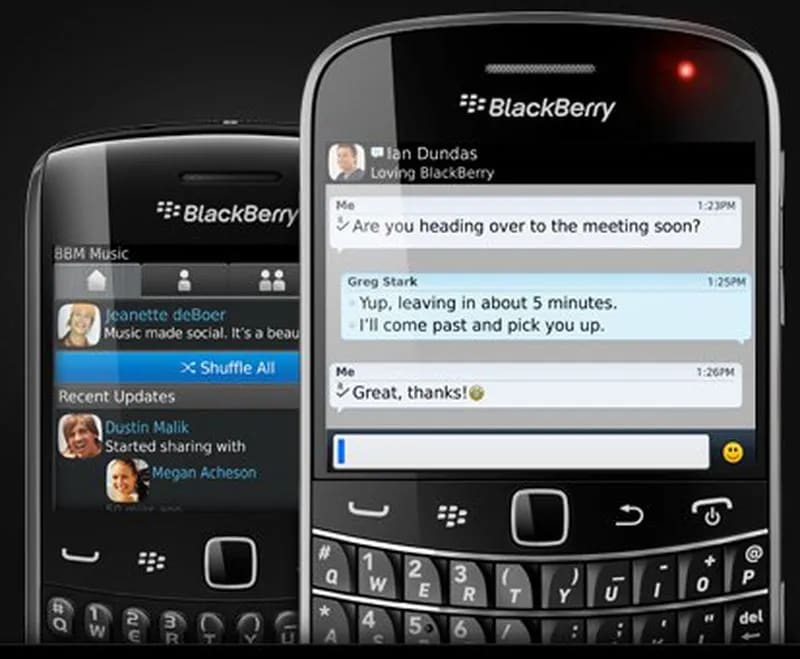
Once ubiquitous for its mobile messaging capabilities, BlackBerry Messenger, much like the BlackBerry brand, was at the frontlines of the tech realm holding its own against rising competitors like the iPhone.
As one of the very first instant messaging platforms on mobile phones, the app dazzled users with its group chats and resemblance to desktop messaging platforms. With the only other widely accessible mobile option being SMS, it's easy to see why some people gravitated towards BlackBerry Messenger.
In May 2011, BlackBerry maker Research In Motion (RIM) claimed there were 43 million BlackBerry Messenger users worldwide, with 100 billion messages sent each month.
Although the app was initially exclusive to BlackBerry users, a cross-platform version for iOS and Android was made available in 2013.
Related:
However, the rise of WhatsApp and Telegram at the time meant a smaller size of the pie for BlackBerry Messenger, and with RIM choosing to focus on its corporate customers, regular consumers eventually moved on to its competitors.
Three years after BlackBerry's exit from the smartphone industry in 2016, the consumer version of BlackBerry Messenger was shut down in May 2019. Today, only the enterprise version of the messenger exists.
HOUSEPARTY
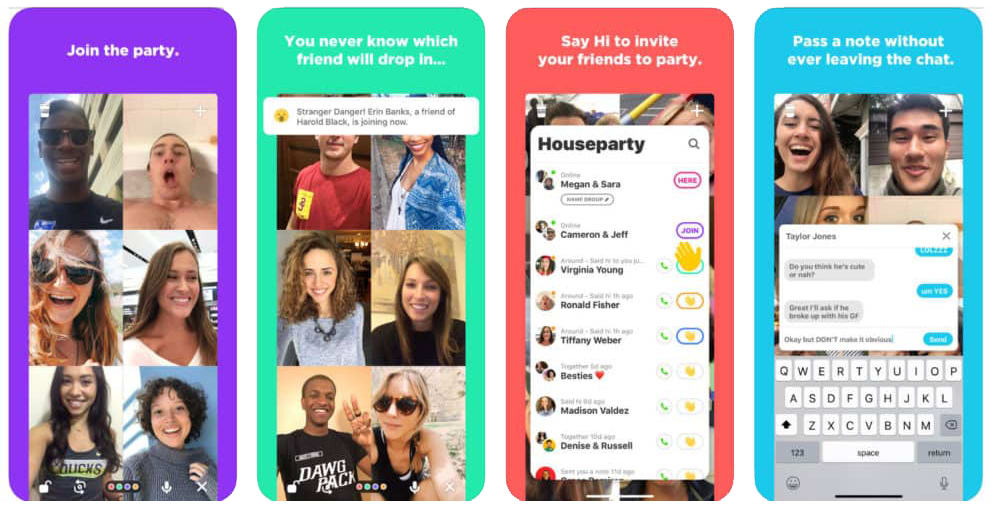
In the past two years, you may have either used or at least been invited to a Houseparty session.
The free app allowed users to hang out virtually, video chat and play games in groups of up to eight.
Houseparty, like Zoom, became a household name during the COVID-19 pandemic, with lockdowns leading people who were stuck at home to explore virtual alternatives to interact.
It saw 50 million sign-ups in March 2020 alone, with the mobile app downloaded more than 17 million times across iOS and Android in the month.
However in September 2021, the owner Epic Games discontinued Houseparty, saying it could not "give the app or our community the attention that it deserves”.
“The team behind Houseparty is working on creating new ways to have meaningful and authentic social interactions at metaverse scale across the Epic Games family.”














